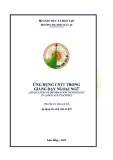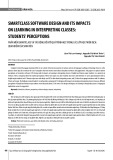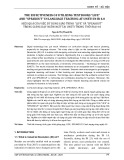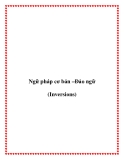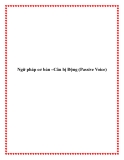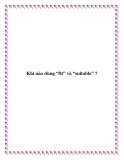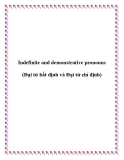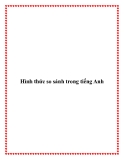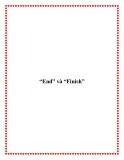
Unit 11:
CONDITIONALS
I. Form:
CONDITIONAL FORM EXAMPLE
Conditional Clause Main Clause
Zero Conditional If + Present Simple + Present Simple If you heat water, it boils.
First Conditional If + Present Simple + Will/ can/ may,… + bare-inf If he drops it, it will/can break.
Second
Conditional If + Past Simple + Would/ could/ might + bare-inf If I had a lot of money, I
would/ could/might buy a car.
Third
Conditional If + Past Perfect + Would have/ could have/ might
have + P.P
If it hadn’t rained, we would
have gone picnic.
Notes:
1. The if-clause usually comes first, but it can come after the main clause. And a comma
between the clauses is more likely when the if-clause comes first.
Ex: If I hear any news, I’ll tell you. / I’ll tell you if I hear any news.
2. In the if-clause of the first conditional, we can use:
The present continuous to talk about an action going on now
Ex: If they’re having a party, it’ll be noisy. (Now, they may be having a party or not.)
The present perfect to emphasize a finished action
Ex: If you’ve finished your homework, I’ll let you go out. (You finish your homework
completely. I’ll let you go out.)
Should + bare infinitive to indicate a little more uncertainty
Ex: If I should see him, I’ll ask him to ring you. (I’m not sure that I might see him or not.)
Will: - To make a request
Ex: If you will just wait a moment, I’ll find someone to help you. (= Please wait a moment, ...)
- For an action happening later than the action in the main clause
Ex: If this medicine will make me better, I’ll take it. (I may take this medicine. Then it make
me better.)
In the main clause of the first conditional, we can use imperative to give commands.
Ex: Turn on the heat if you feel cold.
3. In the second conditional:
We can use the past continuous in the if-clause to express an action not going on now.
Ex: If they were living in Japan, they’d work at the bark. (Now, they aren’t living in Japan.)
We usually use were instead of was.
Ex: - If I were better qualified, I would get a good job. (If I were: more formal)
- If I was better qualified, I would get a good job. (If I was: less formal)
4. With “should” (in type 1), “were” (in type 2), “had + P.P” (in type 3), we can invert the
subject and verb, and leave out “if”.
Ex: - Should anyone call, please take a massage. (= If anyone should call, please take a massage.)
- Were I you, I wouldn’t do that. (= If I were you, I wouldn’t do that.)
1





